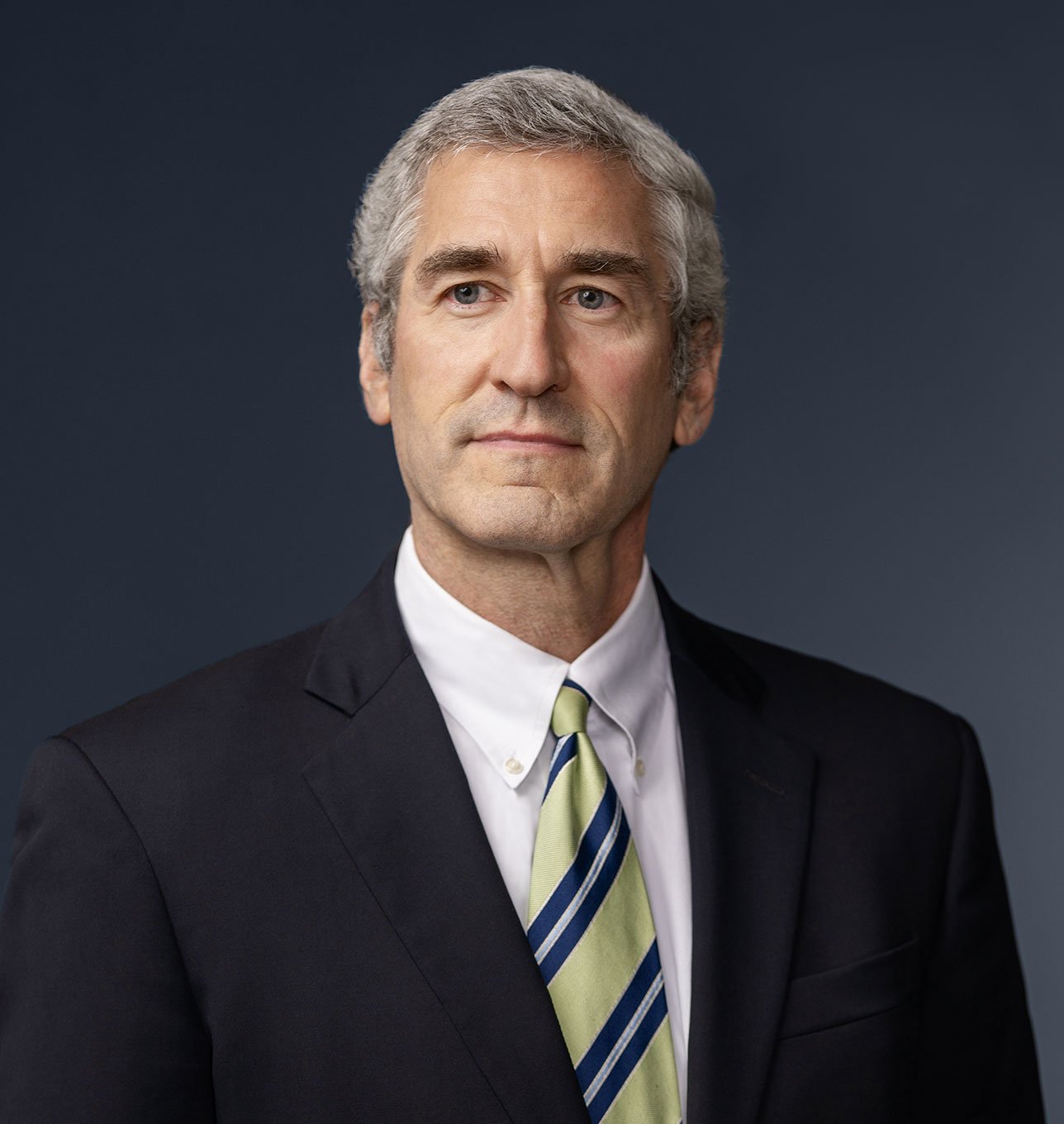Senior Counsel
Dan Himmelfarb
Global Investigations & White Collar Defense, Litigation & Dispute Resolution, Supreme Court & Appellate
“Sources report that Dan Himmelfarb ‘writes incredibly well and his arguments resonate with the court,’ with commentators labeling him ‘phenomenal.’”
Chambers USA
Overview
Clients turn to Dan Himmelfarb for counsel, which draws from his experience serving clients in a variety of areas, including torts, contracts, administrative law, criminal law, constitutional law, and statutory interpretation. He has argued appeals involving the Class Action Fairness Act, the Clean Air Act, the Comprehensive Environmental Response, Compensation and Liability Act, the Fair Labor Standards Act, the Federal Employers Liability Act, the National Labor Relations Act, and the Racketeer Influenced and Corrupt Organizations Act.
Experience
- FastShip, LLC v. Lockheed Martin Corp., 2022 WL 396099 (3d Cir. 2022) (briefed for appellee Lockheed Martin): The Third Circuit held that an action against Lockheed Martin for breach of contract and misappropriation of trade secrets was time-barred as a matter of law.
- Mexichem Fluor, Inc. v. EPA, 760 F. App’x 6 (D.C. Cir. 2019) (briefed and argued for petitioner Arkema): The DC Circuit rejected intervenors’ jurisdictional objection, reaffirmed its holding in the 2017 Mexichem case that EPA lacks authority under Title VI of the Clean Air Act to ban substances that are not replacing ozone-depleting substances, and vacated a second EPA rule that sought to do so.
- Mexichem Fluor, Inc. v. EPA, 866 F.3d 451 (D.C. Cir. 2017) (briefed and argued for petitioner Arkema): The DC Circuit held that EPA lacks authority under Title VI of the Clean Air Act to ban substances that are not replacing ozone-depleting substances. The case was featured in Law360’s “Biggest Environmental Rulings of 2017.”
Recognition
- Recognized by Chambers USA.
- Recognized by The Legal 500 US.
- Named in The National Law Journal's “Appellate Hot List.”
- Recognized by The Best Lawyers in America.
- Recognized by Washington DC Super Lawyers.
- Identified as one of "the elite of the elite" among those who practice in the Supreme Court by Reuters.
Education
- Yale Law School, JD
Senior Editor, Yale Law Journal - Princeton University, AB, magna cum laude
Admissions
- District of Columbia
- New York
Courts
- US Supreme Court
- US Court of Appeals for the Federal Circuit
- US Court of Appeals for the District of Columbia Circuit
- US Court of Appeals for the Third Circuit
- US Court of Appeals for the Fourth Circuit
- US Court of Appeals for the Fifth Circuit
- US Court of Appeals for the Sixth Circuit
- US Court of Appeals for the Seventh Circuit
- US Court of Appeals for the Ninth Circuit
- US District Court for the Southern District of New York

